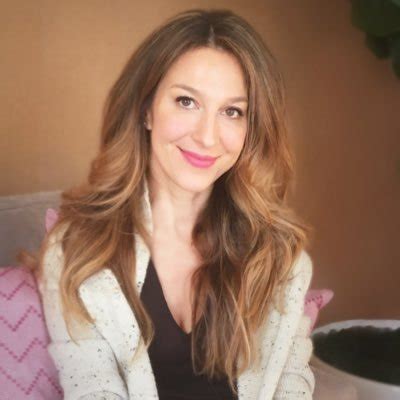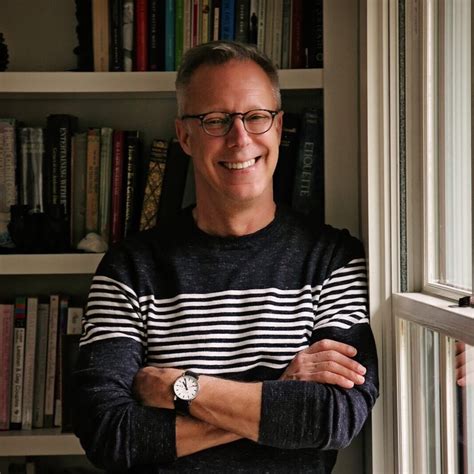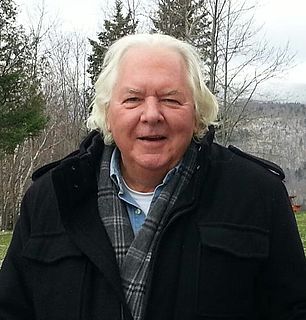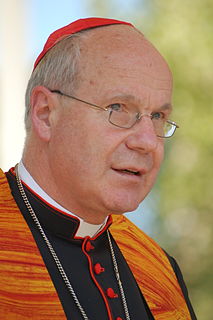A Quote by Lynn Coady
We live in a society that celebrates familial connection above any other kind of relationship. We are shown photos of our great-grandparents and encouraged to marvel over facial similarities. We are told to take pride in our bloodlines, celebrate our ancestry.
Related Quotes
Being LGBT is not a choice. It's not about "a sexual proclivity." It's not a "lifestyle," as you put it. It's about our identity. Pride is a time when we come together to celebrate our community and when others do, too. Just as we do for other racial, ethnic, and religious groups that are part of the "tossed salad" nature of our society.
Our ancestors are looking for us even if we're not looking for them. And by our ancestors I mean our bloodlines and the ancestors of the place where we live and our spiritual kin who go beyond our biological families. We could be walking around carrying an entire ancestral history of the wrong kind for us.
I think our shepherds, our pastors, can take for instance, Chapter Four [of Amoris Laetitia], 'Vive l'amore' ('How to live love'). It's a great catechesis. You can take it chapter by chapter, passage by passage, and work through it in the parish, in the communities. It's a great catechesis on marital and familial love. And I think as pastors, we can use this for our pastoral work.
The refusal to be creative is an act of self-will and is counter to our true nature. When we are open to our creativity, we are opening to God: good, orderly direction. As we pursue our creative fulfillment, all elements of our life move toward harmony. As we strengthen our creativity, we strengthen our connection to the Creator within. Artists love other artists. Our relationship to God is co-creative, artist to artist. It is God's will for us to live in creative abundance.
Nature has a drive for wholeness and has created us only in relationship like one giant superorganism. It's a fact there is a connection between atoms and all of us in relationship with each other and with our environment. In all of our societal relationships there is a bond so profound and intricate that it's impossible to say where one thing stops and another thing begins. So you see this mirrored in every aspect, from the subatomic world to the world that we're more familiar with. So competition ends up being a false creation in our society.







































